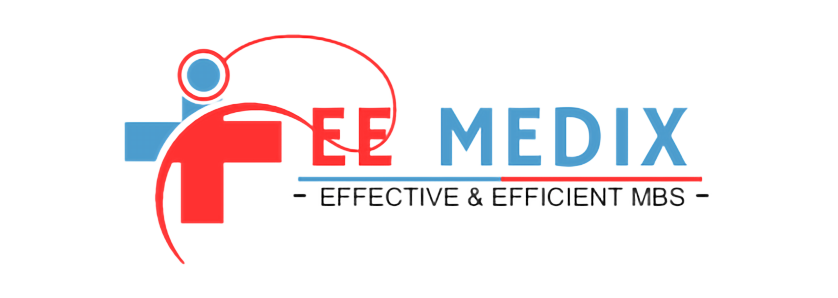The revenue cycle management (RCM) has emerged as a critical component, especially in specialized fields like gastroenterology. Gastroenterology RCM, when executed with precision and expertise, can significantly enhance revenue streams and streamline billing processes for healthcare providers. In this comprehensive guide, we delve deep into the intricacies of Gastroenterology RCM, uncovering the secrets that can help you unlock new heights in revenue generation while maintaining compliance and efficiency.
The Significance of Gastroenterology RCM
Gastroenterology, as a medical specialty, encompasses the diagnosis and treatment of various gastrointestinal disorders. From common conditions like acid reflux to complex issues such as Crohn’s disease, gastroenterologists play a pivotal role in patient care. However, the financial aspect of managing a gastroenterology practice can be just as complex. This is where Gastroenterology RCM steps in.
What is Gastroenterology RCM?
Gastroenterology Revenue Cycle Management (RCM) refers to the comprehensive process of managing the financial aspects of a gastroenterology practice. This includes everything from patient registration and insurance verification to coding, billing, and revenue collection. The efficient management of this cycle is crucial for the financial health of a gastroenterology practice.
Streamlining Patient Registration
The Initial Interaction
The patient’s journey in the revenue cycle management process typically begins with the initial interaction at the front desk. Ensuring accurate and thorough patient registration is the first step in the process. It’s essential to capture all relevant patient information, including insurance details, to avoid later complications.
The Role of Technology
Utilizing advanced Practice Management (PM) software can streamline the registration process by automating data entry and verification tasks. This not only reduces errors but also saves time for both patients and staff.
Insurance Verification: The Key to Success
The Importance of Verification
One of the critical elements in Gastroenterology RCM is insurance verification. Ensuring that patient insurance information is accurate and up-to-date is vital for a smooth billing process. This step helps prevent claim denials and delays in revenue collection.
Embracing Automation
Automated insurance verification systems can quickly cross-reference patient data with insurance provider databases, reducing the margin for error. This step significantly increases the chances of a successful claim submission.
Mastering Medical Coding
The Language of Healthcare
Accurate medical coding is the backbone of Gastroenterology RCM. Medical codes translate complex medical procedures, diagnoses, and services into universally understood codes that insurance companies and payers use for billing and reimbursement.
Coding Compliance
To maximize revenue while maintaining compliance, it’s crucial to stay up-to-date with coding changes, including those specific to gastroenterology. This ensures that claims are processed smoothly and accurately.
Efficient Billing Processes
Timely and Accurate Billing
Once the patient is seen and the services are provided, billing should be prompt and precise. Timely submission of claims and accurate patient statements contribute to faster revenue collection.
Minimizing Denials
By adhering to coding standards and insurance guidelines, gastroenterology practices can significantly reduce claim denials. This saves time, resources, and ultimately boosts revenue.
Revenue Collection and Reporting
The Final Stage
Revenue collection is the ultimate goal of Gastroenterology RCM. Timely follow-up on unpaid claims, patient balances, and accurate financial reporting are essential to maintain financial stability.
Reporting for Improvement
Utilizing reporting tools within your RCM system can provide insights into revenue trends, helping practices identify areas for improvement. Data-driven decisions can further enhance revenue streams.
In conclusion, Gastroenterology RCM is a multifaceted process that requires precision, expertise, and an understanding of the unique challenges faced in this medical specialty. By focusing on patient registration, insurance verification, accurate coding, efficient billing processes, and effective revenue collection and reporting, gastroenterology practices can unlock the secrets to boosting revenue while maintaining compliance and efficiency.

